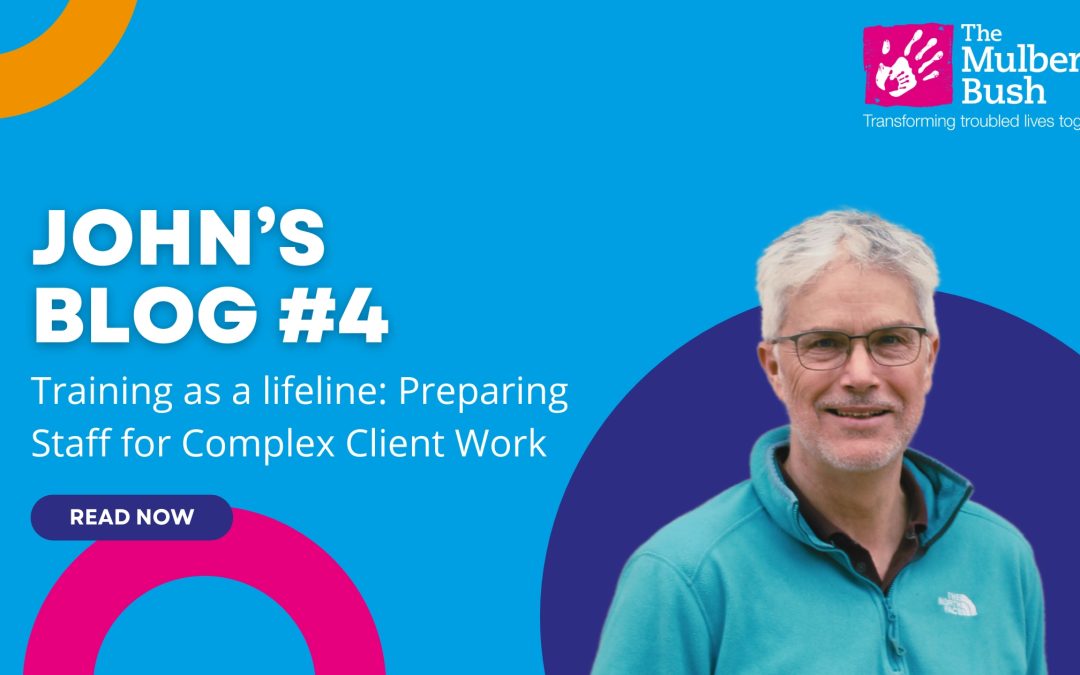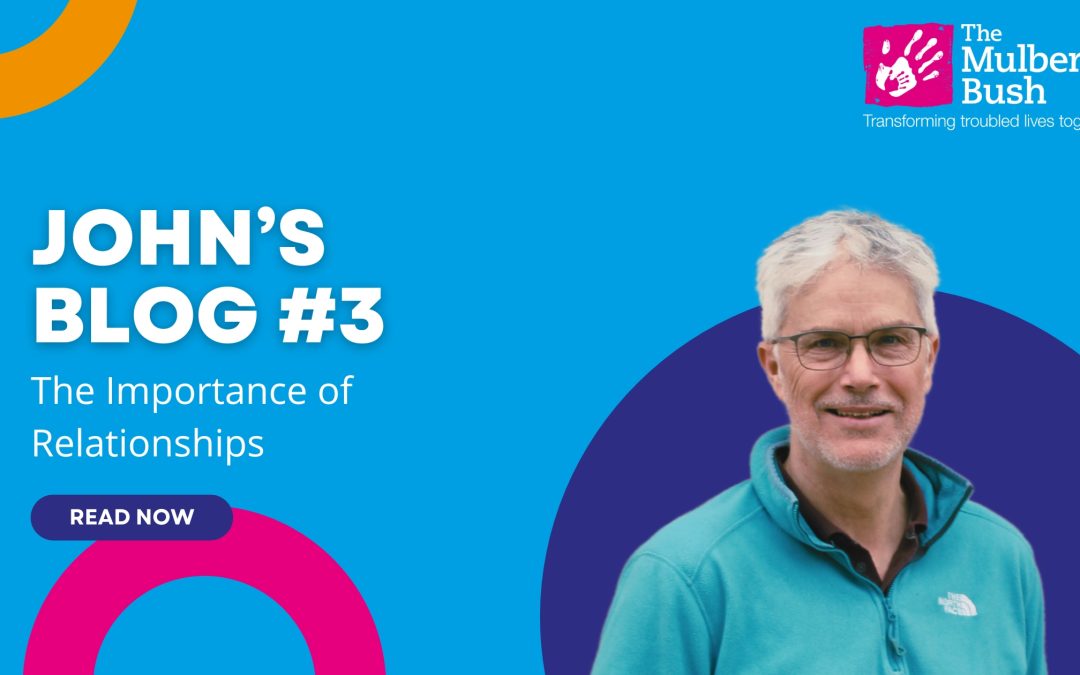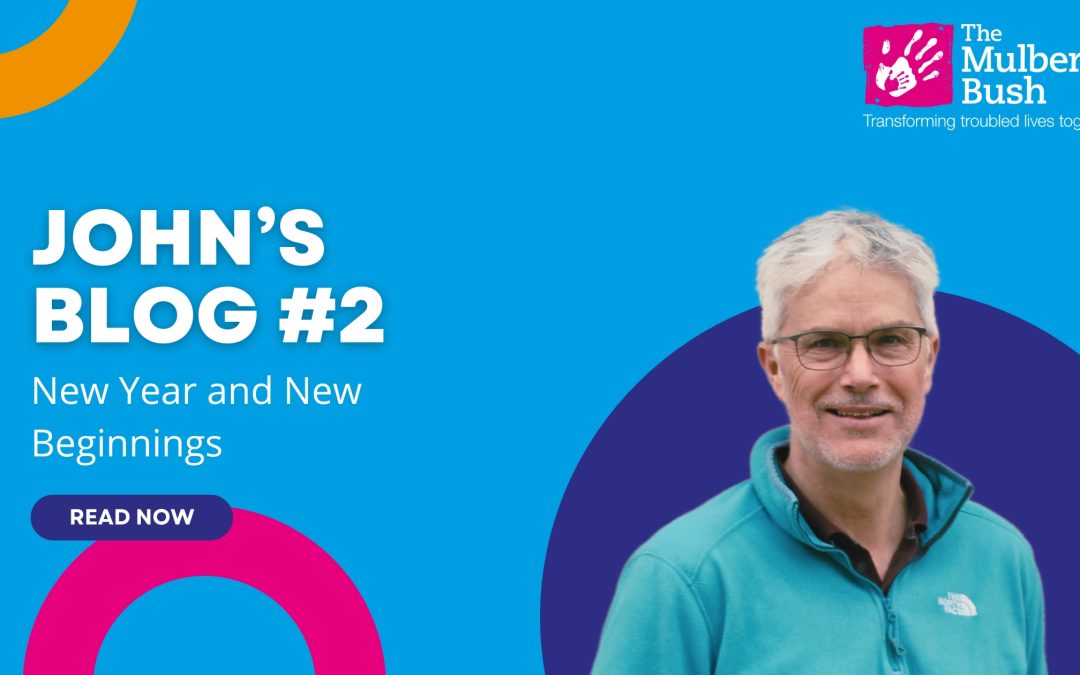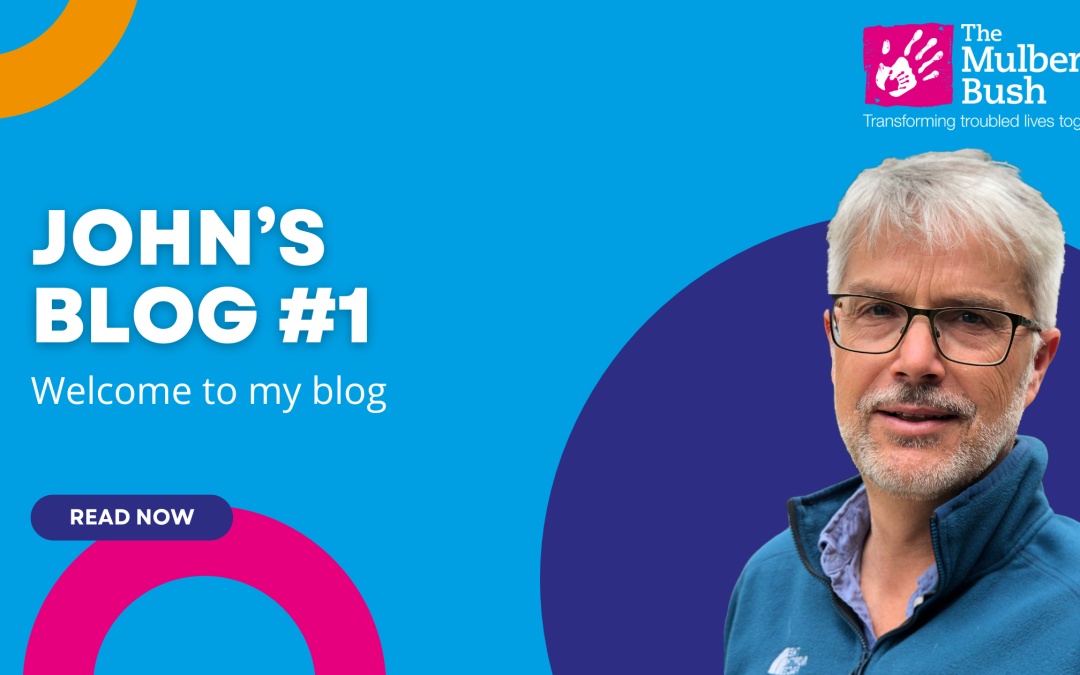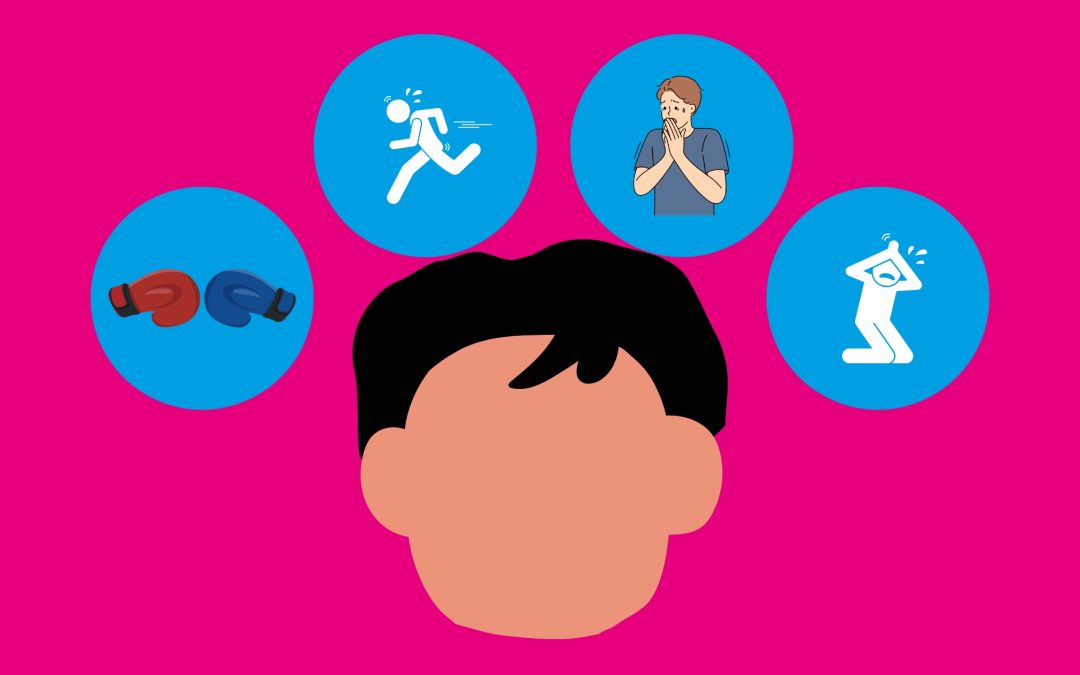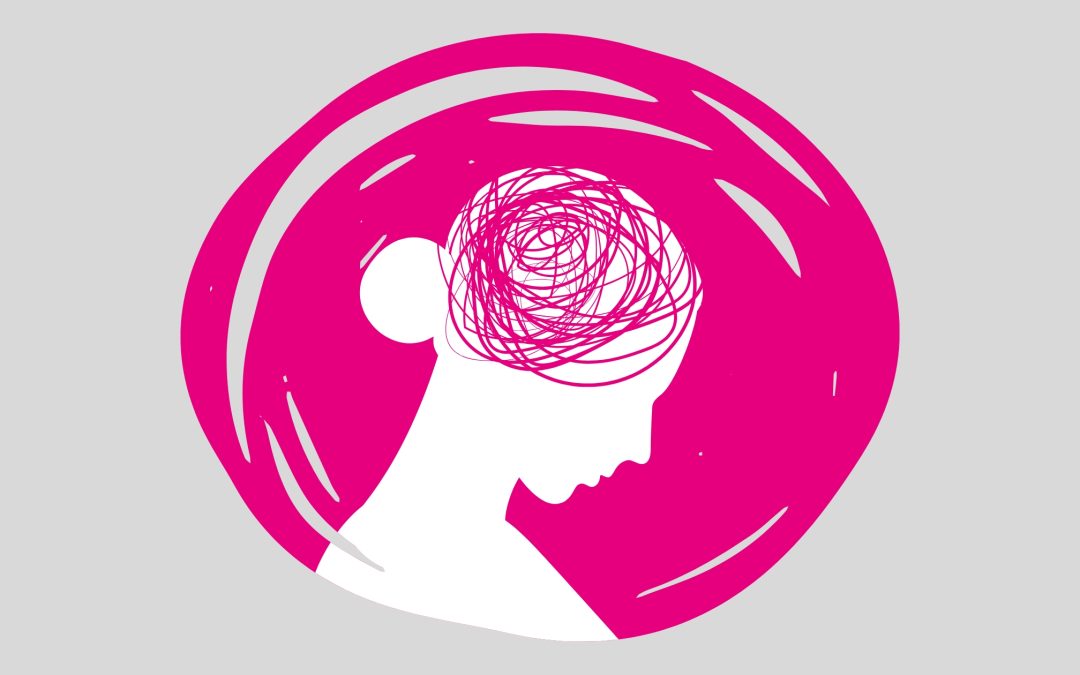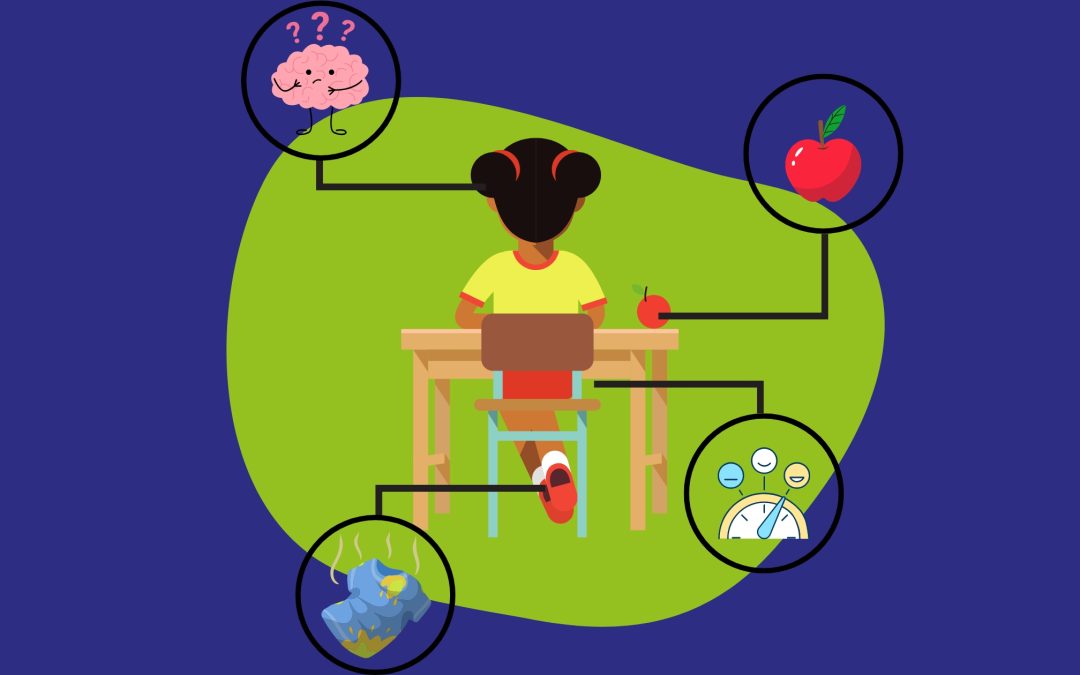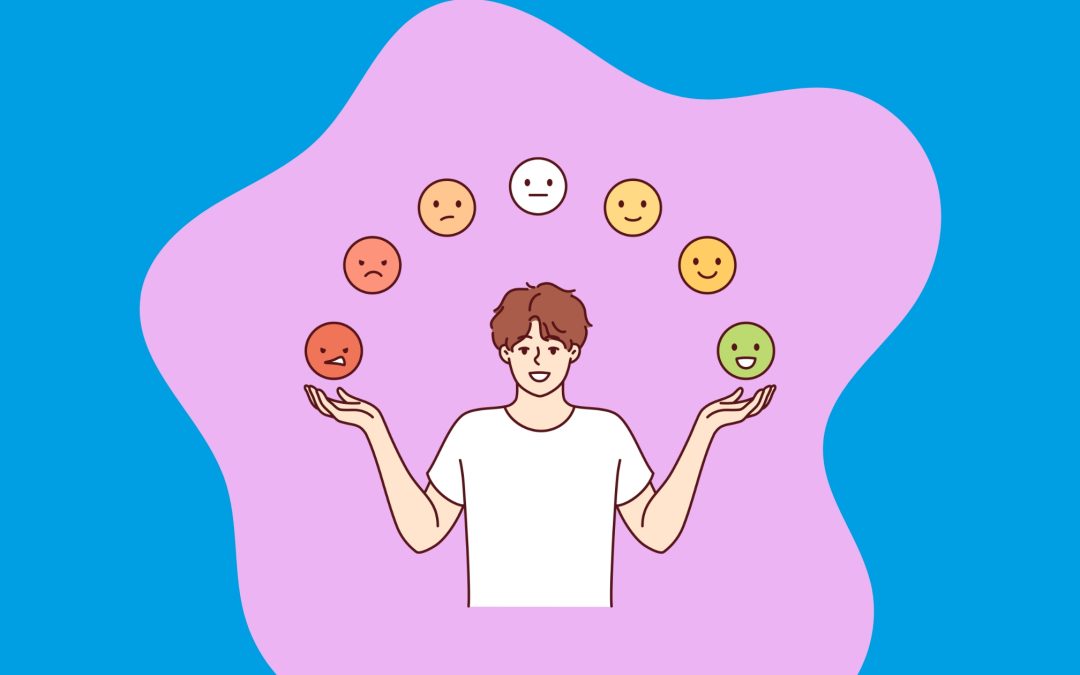With the press and social media discussion and coverage, it is hard to avoid the fact that the mental health of children and young people in the UK is in a state of significant and ongoing decline, with the rising prevalence of mental health conditions, increasing demand for services, and persistent gaps in access to timely and effective support.
In 2023, approximately one in five children and young people aged 8 to 25 in England had a probable mental health disorder, up from around one in eight in 2017 and the increase has been pronounced since the pandemic. The NHS is only able to provide services for around 40% of those and only about 1% of the NHS England budget is allocated to children’s mental health services.
The number of children and young people referred for emergency mental healthcare rose by 10% between 2023 and 2024, and everyone will be aware of just how long waiting lists are!
So, – there is a great deal of support and work to be done, both supporting the services that are already in place for the 40%, – raising the bar in terms of skills and expertise, as well as assisting the development the development of services for the remaining 60%.
The public awareness of mental health is higher than I have ever experienced, and I am sure it is true to say that personally as well professionally, it touches us all!
We at the Mulberry Bush are now working across all age groups, with a focus on all people troubled and traumatised as children and there is no doubt that poor starts in life and poor mental health in childhood has far reaching consequences for their social and emotional development and so life chances in adulthood.
They might be struggling to develop and maintain healthy relationships, – being withdrawn, isolated or challenging and disruptive in groups. These factors make it hard for them to learn how to make friends, communicate well and resolve conflicts. It is easy to see how this might become an unhelpful cycle impacting mental health.
What we often see is children who don’t have effective strategies for managing their range of emotions, either leading to withdrawal, outbursts or just difficulty in navigating the stresses of a normal day.
Just yesterday in our education area in school I popped in to speak with someone and had clearly chosen a moment of chaos. One child was being incredibly challenging, verbally abusive, lashing out and then ran outside. A calm, thoughtful, staff member followed and a few minutes later they returned, – the child followed by the staff member, explaining to the team that the child had made a good choice. The child seemed proud that they had found a way to return, more regulated and been given the opportunity to appropriately resolve whatever had led to the outburst.
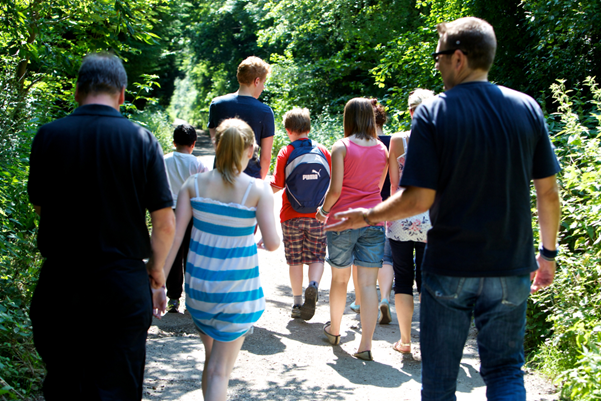
If this sort of work is not done, – all these factors can lead individuals to have poor emotional resilience and self-confidence. This of course makes it hard to overcome challenges.
It is easy to see how any of these issues can affect a child engaging in school, their ability to concentrate and so impact their academic progress.
It is also a real worry how many children are not regularly attending school since the pandemic. Severe absence in schools is up 178% in 2024 compared to 2017, – to nearly 173,000 children!
Of course, these problems in schools mean that the burden on teachers is ever greater, – needing to adapt lessons for an ever-widening range of ability and learning challenges. Many schools are finding our Emotional and Social Curriculum helpful in structuring their approach to children displaying these sorts of challenges.
The data shows us that children with these struggles are at greater risk of self-harm, substance misuse or getting involved in unsafe behaviour, putting themselves or others at risk, and there is a strong correlation between these sorts of challenges in childhood and poorer outcomes and reduced life chances in adulthood.
Hence it is clear we need to do more.
On a visit to a primary school this week, I spoke with staff and children with SEND. It was evident that the team were working extremely hard to adapt to an increasing range of need and level of difficulty in their classes, and like all schools now, providing breakfast and after school clubs, – meeting need across a much longer day. I sat for a time with a Yr1 boy with additional needs who needed a snack break to help him re-regulate each day between the end of school and after school club. He spoke with great excitement about his day, how he had helped a friend and the reading dog that he had been reading to that day! It is a long and intense day for someone so young.
It was great to see the school had adapted provision to meet it, rather than just reactively having to deal with his dysregulation.

Between the 12th and 18th of this month is Mental Health Awareness week: – The weeks theme this year is ‘Community’ and the power and importance of community, and they state:
‘being part of a safe, positive community is vital for our mental health and wellbeing. We thrive when we have strong connections with other people and supportive communities, that remind us that we are not alone. Communities provide us with a sense of belonging, safety, support in hard times and give us a sense of purpose.’
This sits perfectly with the work we do at the Mulberry Bush, all emanating from the source of the charity, – The Mulberry Bush School, – an accredited therapeutic community. Community of Communities (CofC)
As public awareness of the mental health crisis grows it makes me wonder whether this growing community awareness is helpful or hinders? Shared with me at a meeting at NHS England recently, I was told, the biggest problem today is that everything has become a mental health issue.
Is this true? I’m not sure, and can imagine from health practitioners experience it may feel this way and that the increased pubic awareness may lead to this as a reality, but also think that from other sectors perspectives, they might experience health professionals stepping away from the presenting problems. It begs the question, – what happens in the gap created, – who owns the problem?
Strangely, as a charity whose focus has been for 76 years working with initially children with complex social and emotional mental health challenges and in more recent years, adults with similar challenges and professionals who work with them, – we have very little involvement with or contact with health professionals. This is something I am trying to address, – reaching out to try and create more joined up thinking, – greater collaboration in understanding and approaches.
We see a really powerful example of the power of community in our work in Bangalore, India, where the Parikrma Humanity Foundation, run schools for children from the slum communities. Each school provides the most amazing community for the children from aged 5 to 18 and for the parents, – initially the mothers, teaching them skills and supporting them to set up small cooperative businesses, and most recently with fathers, tackling the prevalence of alcoholism. We are providing support and training to teachers and psychologists, helping develop their model and thinking to ensure the communities they have built are transformative.


I am sure that community and people having a powerful sense of a supportive, understanding community around them is transformative, developing positive mental health.
I had an interesting experience last week on our school when a child in quite an aggressive tone said to me, – do you own this place then? I explained that I didn’t and that it was owned by a charity. He was obviously trying to work out who I was and my role in the community. He then said, – why do you just do paperwork, – don’t you really care about us? This took me back a little and so after a moment’s thought, I said; “I do the paperwork because I care so much about the Mulberry Bush and everyone in it”, he seemed satisfied in that moment and maybe it helped him better understand the levels and layers of the community around him.
Our Therapeutic Community school is an intentional intervention addressing the complex mental health needs of the primary aged children placed from all over the UK and Ireland. Working with them and their families, the school explores how to help the child develop through the barriers they experience to social and emotional as well as academic development. The golden threads of this TC model are what started our outreach offer to schools and that have developed into working with social care settings and then more recently youth custody, prisons and probation, broadening and furthering the charity’s purpose. Looking to ‘break the cycle’.
This offer of services is absolutely about mental health, but I encounter more and more an issue with language.
I wrote this week in my report to our leadership team that I am finding ‘Our heritage and name open’s doors, but our legacy language, although attractive to a niche audience, is a barrier to wider partnership and collaboration. We need to find new ways of talking to professionals in all sectors.’
I have been engaging recently with different groups who are promoting and engaging in ‘Relational Practice’. It can be argued that this movement has emerged from the psychoanalytic tradition, from the therapeutic community movement, and yet I experience that this language creates a barrier for many to principles and practice that can benefit all settings, regardless of their tradition. I believe we have a role in bridging this gap.
Recently I attended an excellent event at the Tavistock NHS Portman Trust, attended mostly by adult mental health professionals and those from criminal justice. We looked at research evidence on the benefits of a relational approach in community psychiatry. There was a lot of health and justice language, models and acronyms. Last week I attended an event for a schools Multi Academy Trust, introducing a Relational Inclusion model across their schools. The principles were absolutely the same, but the language and acronyms very different, but there was no awareness in one of the work and approach going on in the other. Maybe this doesn’t matter, and yet I know that collaboration and sharing best practice can help us all. I heard at the school’s event, the phrase – the well-known ‘PRU to Prisons pipeline’, acknowledging the life trajectory if we get our approach wrong when they are young.
There feels too much competition / coopetition and not enough collaboration and sharing effective practice and I think we as a charity have a role to play in bringing people and their knowledge, ideas and wisdom together.
If you are interested in joining with us on this collaborative journey, please do get in touch – we are keen to be working with others to create a more joined up experience for all those struggling with mental health issues, troubled and traumatised as children.
